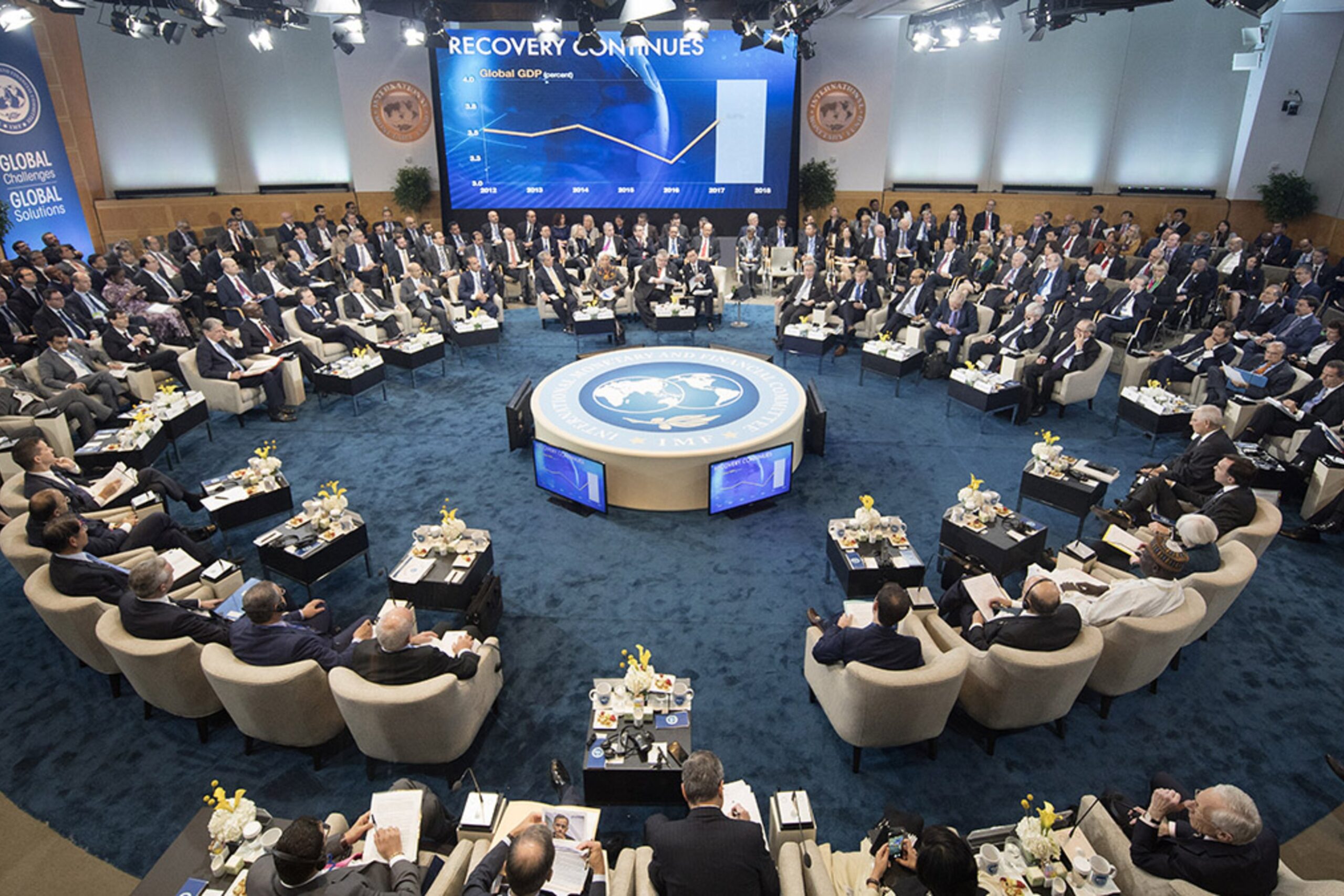Structural inefficacies, confidence deficit may continue driving Zim’s inflation
Zimbabwe has been struggling to bottle inflation for the past two decades now, and despite the introduction of a new currency backed by gold and other precious natural reserves, citizens believe inflation is on its way back.
Analysts and experts, however, believe that besides the confidence issue, the country is also importing inflation as it restocks and buys raw materials.
Economist Gladys Shumbambiri-Mutsopotsi, believes the origin of Zimbabwe’s inflation emanates from currency mismanagement, imported costs and structural issues.
She said: “Zimbabwe has a history of hyperinflation, partly due to currency mismanagement, including the printing of money to finance government spending.”
Adding to the problems of currency, she believes that as a net importer, Zimbabwe is susceptible to imported inflation, where rising prices of imported goods contribute to overall inflationary pressures.
This could be due to factors such as global commodity price increases, exchange rate fluctuations, or supply chain disruptions.
“Zimbabwe’s economy faces structural challenges, including low productivity, limited diversification and weak infrastructure. These issues can exacerbate inflationary pressures by constraining supply and driving up costs,” Shumbambiri-Mutsopotsi said.
Economist, Enoch Rukarwa, believes local inflation is a complex model which is a function of numerous factors, key among them excessive money creation, confidence deficit, inflationary expectations and corruption.
“Looking at the current situation, barring sufficient solid macroeconomic fundamentals backing the new currency ZiG in form of precious minerals and foreign currency reserves the general populace is convinced that the local currency will still depreciate at some point intime.
It is through this belief that has resulted in premium forward pricing and inflationary vicious cycles in the country.
Rukarwa added that, Zimbabwe’s monetary system lacks real sector support wherein capacity utilisation is limited and unemployment is high.
Analyst Tafara Mtutu is of the view that the country is fighting inflation stemming from both internal and external issues which include confidence in the authorities.
“It is a bit of both. It is right to point out that Zimbabwe is a net importer, and that alone undercuts our ability to contain inflation because we are price takers with little bargaining power.
After that, you have local issues stemming from low confidence in the ZiG affecting ZiG inflation. You also have exchange rate distortions resulting in USD inflation especially among formal retailers,” Mtutu said.
Economist, Dr Prosper Chitambara, believes our inflation problems are more of internal issues than imported costs.
“Well, I would think that the inflation in Zimbabwe has always been largely a monetary phenomenon, unsustainable growth in money supply and of course also the exchange rate depreciation that has also resulted in inflation,” Dr Chitambara said.
However, the economist also agreed that to a certain degree our price problems are also from international jurisdictions.
“Yes, we have also been affected by imported inflation, but I think it is largely our internal factors around unsustainable growth in money supply as well as exchange rate volatilities. So, once we have identified those two drivers, then it becomes easier to control it.”
In order to reduce the effects of either cost-push inflation or currency depreciation, Shumbambiri-Mutsopotsi recommends that responsible authorities do implement a disciplined monetary policy aimed at controlling money supply growth and maintaining price stability is crucial.
“This could involve measures such as targeting inflation through interest rate adjustments, adopting a credible exchange rate regime and strengthening central bank independence.
“Ensuring fiscal sustainability by managing government spending, reducing budget deficits, and improving revenue collection can help alleviate inflationary pressures. This may involve measures such as prudent fiscal planning, expenditure prioritisation and tax reforms,” she said.
There is also need to address structural issues in the economy, such as improving productivity, enhancing competitiveness and diversifying exports, which can help reduce reliance on imports and mitigate inflationary pressures.
This could involve investments in infrastructure, education, technology and agriculture, as well as promoting a conducive business environment for private sector development.
She added; “Implementing effective exchange rate policies, such as maintaining a stable and competitive exchange rate, managing foreign exchange reserves and addressing currency market distortions, can help mitigate the impact of currency depreciation on inflation.”
“The recently published 2024 Monetary Policy Statement introduced a cocktail of measures, which we believe could foster a desired inflationary environment, however, lack of and partial implementation of such polices has increased confidence deficit and missed opportunities in the past.
“A key enabler to our vicious cycle of inflationary pressures and exchange volatility can only be addressed by walking the talk, that is implementing the fine print of these policy documents,” Rukarwa opined.
In terms of solutions, Dr Chitambara said the country needs to be meticulous when it comes to monetary issues in order to arrest inflation.
“So, it means we have to control unsustainable growth in money supply, so the issue of discipline, monetary and fiscal discipline and also ensuring exchange rate stability, but that is also a function of monetary discipline or money supply growth. So, the two are related in my view,” he said.
According to Mtutu, inflation issues in Zimbabwe are more of supply-side issues and they need time to address until we tame the problem.
“These, in my opinion are more of the supply-side of inflation and they are more difficult to contain than demand-side inflation because they require structural changes which typically take months, if not years, to resolve,” he said.-ebusinesswekly









